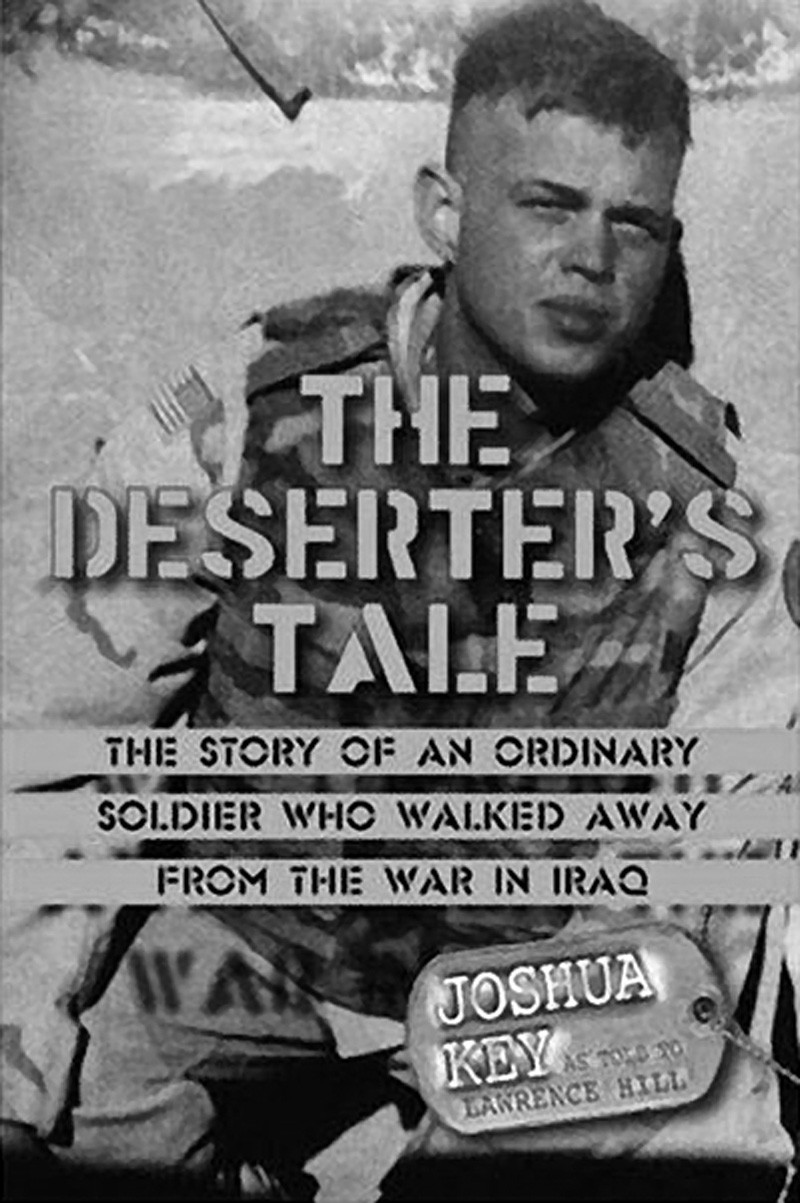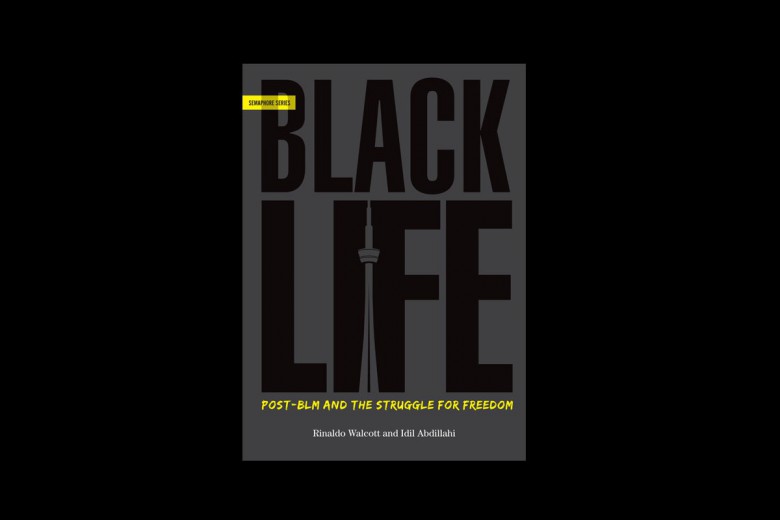
The Deserter’s Tale
The Deserter’s Tale: The story of an ordinary soldier who walked away from the war in Iraq
By Joshua Key as told to Lawrence Hill_
Anansi, 2007
American claims to a just and benevolent intervention in Iraq have long rung hollow. But from the first shock and awe right up to the present moment, the public has largely failed to recognize the atrocity that is this war. The realities of Iraq have been suppressed through the effective American propaganda machine and the careful control and manipulation of information on the ground by the American military. The resounding dissonance between official versions and the real situation has occasionally alarmed us, as was the case with Abu Ghraib, and has led to increasing disillusionment with the occupation. But the fact remains that the barbarous villainy that the American government has inflicted upon the Iraqi people is beyond most of our awareness. The Deserter’s Tale, Joshua Key’s gritty and brutal memoir of his experience of the Iraq war, is an invaluable read to furnish us with a soldier’s view of occupation.
Joshua’s story begins with his childhood in Oklahoma living a life of grinding poverty. Joshua Key wanted to be a good husband, father and a welder. But struggling to earn enough money to feed his wife and family, and lulled by the promises of the military recruiter, he eventually turned to the army for a regular paycheque.
Desperate for recruits, the U.S. army made Joshua promises of safety and security—promises they would not keep. They told him that he would never be shipped overseas, that he would spend his time rebuilding aging bridges in the U.S., and that he would only have to fight if the U.S. itself were invaded. What Joshua didn’t know was that the enlistment contract is a one-way contract. While the government may break its promises, the recruit must follow whatever orders the army gives. At boot camp, Joshua found that Uncle Sam wanted him in Iraq, and six months after basic training he was on his way to make war.
Joshua’s time in Iraq will explain to anyone why the American mission was doomed. While the Americans handily won the war, they have slowly and painfully lost the peace. How did the Americans hope to distinguish between friend and foe when they didn’t know the culture or speak the language? Joshua recounts how he was lectured about “ragheads” and “sand niggers” and taught to kill as if no reason for killing were necessary other than that Iraqis are Iraqis.
Although he arrived in Iraq within weeks of the beginning of the invasion, regular combat had already come to an end. One of Joshua’s jobs was to search houses for suspected terrorists. This meant arriving in the middle of the night, blowing the door off a house with plastic explosives and then charging in to ransack the house and send any teenage or older male to jail. Screaming women and crying children were torn out of their beds to watch their homes ransacked and their men beaten and handcuffed. And for what? In the more than 200 raids that Joshua participated in, he never found an arms cache or anything else to indicate he had captured a terrorist. Meanwhile, however, the soldiers broke anything and everything in their searches, pocketing anything of value.
Nor did Joshua ever see “the enemy.” He was shot at and saw men wounded and killed, but never did he see the enemy that was trying to kill him. Instead, Joshua only saw civilians: Iraqis trying to survive, and most often being harmed by American soldiers. This harm could be as trivial as petty thievery or as horrible as a mock game of soccer with the head of an Iraqi civilian casualty. When a poor Iraqi child begging Joshua for food was shot by a fellow American soldier, Joshua could not help himself from committing what in the army is a mortal sin: he started seeing the Iraqis as people much like himself.
The Deserter’s Tale was written by Joshua Key as told to acclaimed Canadian novelist Lawrence Hill. Hill has done a wonderful job of capturing Joshua’s expressive and colloquial manner of speech. A good part of what makes this book so powerful is Joshua’s voice and moral vision.
With a clarity and authority the American government has long since lost, Joshua states, “I will never apologize for deserting the American army. I deserted an injustice and leaving was the only right thing to do. I owe one apology and one apology only and that is to the people of Iraq.”
N.B. Joshua Key is a member of War Resisters in Canada (www.resisters.ca). While the war resisters are applying for refugee status, they are not allowed to work and cannot receive welfare. Please consider helping the resisters out with a donation to War Resisters in Canada.






